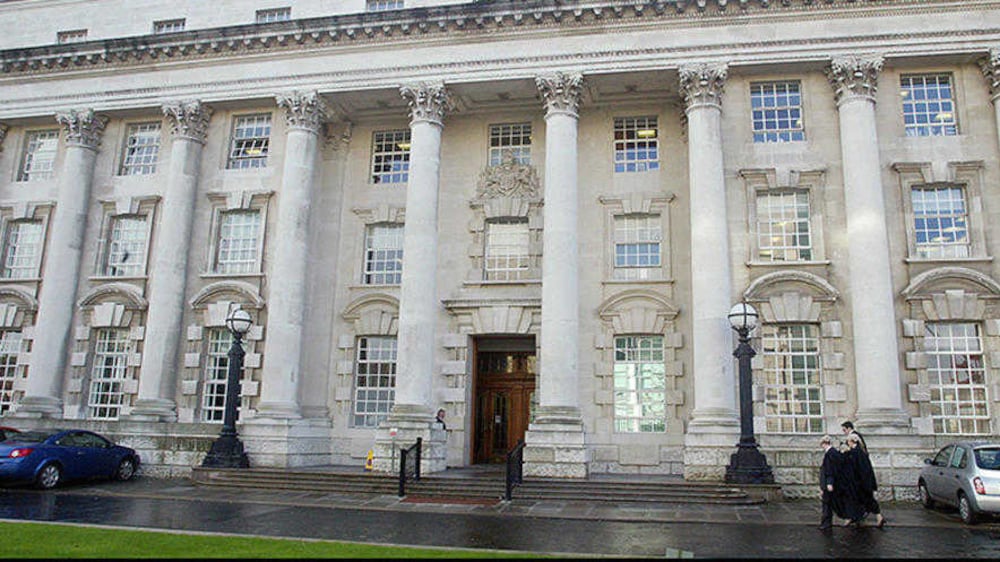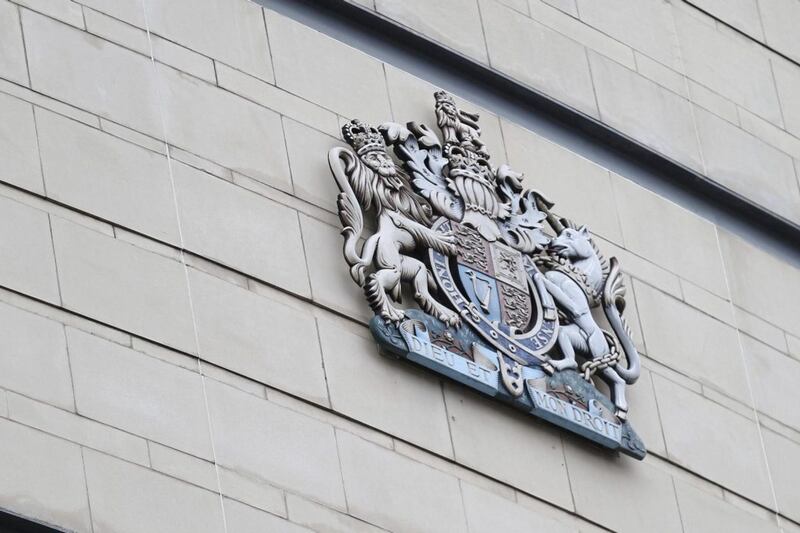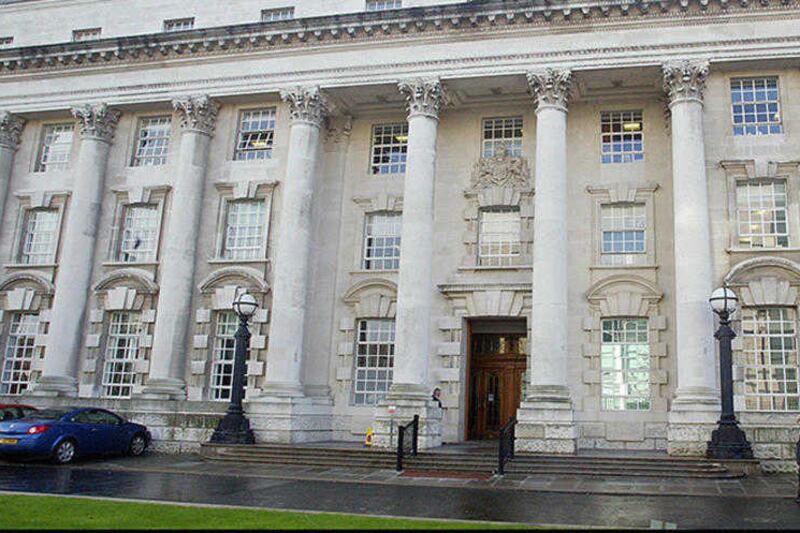A MAN whose conviction for conspiracy to murder soldiers in an IRA bomb attack was quashed, is facing a legal bill after losing his fight for compensation.
Senior judges yesterday dismissed Gerard Magee's appeal against being denied a pay-out on the basis that the guilty verdict was not overturned due to any new facts in the case.
They also ordered him to cover the Department of Justice's costs in the latest hearing.
Mr Magee (50) was jailed for 20 years over an alleged plot to attack British troops with a bomb discovered under a road near Antrim in December 1988.
He served nearly half his sentence before being released under the terms of the Good Friday Agreement.
Originally from Antrim but now living in Co Tyrone, he always claimed a confession he made was the result of ill-treatment by police during questioning at Castlereagh Holding Centre in Belfast.
In 2000 the European Court of Human Rights (ECHR) held that his admissions, made after being denied access to a solicitor for two days, were in breach of his right to a fair trial.
His conviction was quashed by the Court of Appeal a year later following a referral by the Criminal Cases Review Commission.
Under legislation anyone who has a guilty verdict against them reversed on the ground of a new or newly discovered fact showing beyond reasonable doubt a miscarriage of justice will be paid compensation.
But in 2014 the Department of Justice refused Mr Magee's application, deciding no such new fact had been established.
He issued judicial review proceedings in a bid to have that assessment quashed.
His lawyers argued that the denial of legal advice during "oppressive" conditions at Castlereagh Holding Centre constituted new facts.
Following a failed High Court challenge they mounted an appeal in a new bid to secure compensation.
However, a panel of three judges upheld the previous outcome, ruling that the conviction was reversed on the basis of the ECHR finding.
Mr Justice Deeny said: "It seems clear to us that the Department of Justice was correct in arriving at the conclusion that there was no new or newly discovered fact.
"The Department was therefore entitled to refuse the application for compensation without going on to consider whether, in any event, there could be said to be a miscarriage of justice where the defendant had subsequently admitted to the truth of the statements which he had made admitting the offences."
Following their verdict the judges then confirmed that Mr Magee was liable for the Department's legal costs in the appeal.
Outside court Mr Magee's solicitor, Fearghal Shiels of Madden and Finucane, indicated the legal battle may continue.
He said: "We are disappointed with the decision and will give careful consideration to a further appeal to the Supreme Court."





